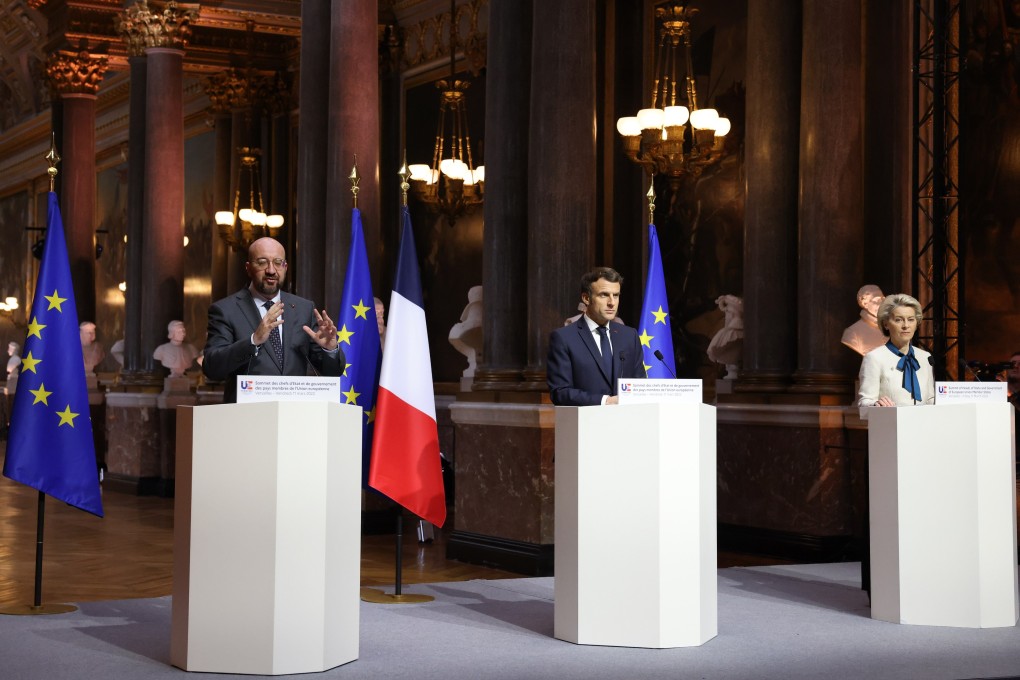Opinion | Russia’s invasion has reawakened the EU as the newly-unified bloc finally takes its security seriously
- Putin has turned a fragmented and incapable EU into a unified power that is willing to ditch its policy of appeasement and take a tough stance against Moscow
- Heavy sanctions on Russia and swift aid to Ukraine prove the EU can act decisively; it must now form a coherent and collective defence strategy

Russia’s attack on Ukraine has the liberal world order shaken and thus also the foundations of European foreign and defence policy. Recent events have forced a paradigm shift, with the result that EU countries are suddenly inclined to upgrade significantly.
When even the EU’s enfant terrible, Viktor Orban, speaks of unity, one realises that things are about to change in Brussels. Hungary’s leader recently spoke out in favour of the European Union standing together in the face of Russia’s invasion.
What appears like a travesty at first, considering Orban had recently hinted at his country’s exit from the EU, is a testament to what three weeks of war in Ukraine have caused outside the battlefield: Russian President Vladimir Putin is forging a united community of 27 member states.
Europeans have long wondered how much more incapable and, at times, downright incompetent the region could appear on the global stage.
.jpeg?itok=hBPW-1aF&v=1769477649)